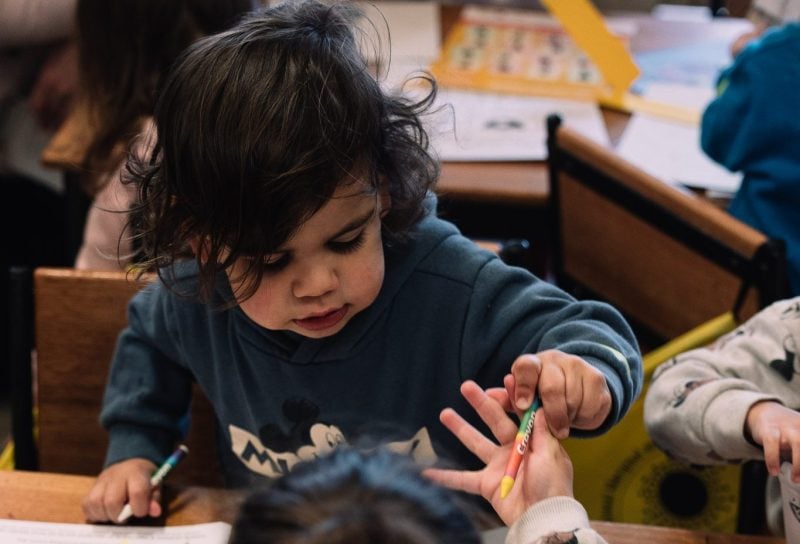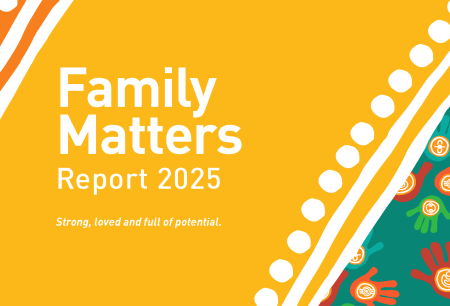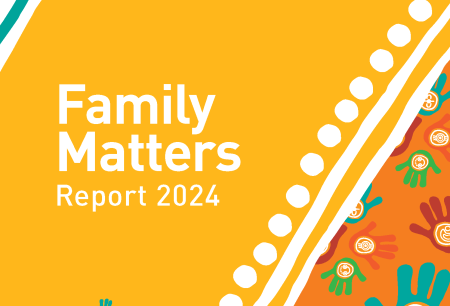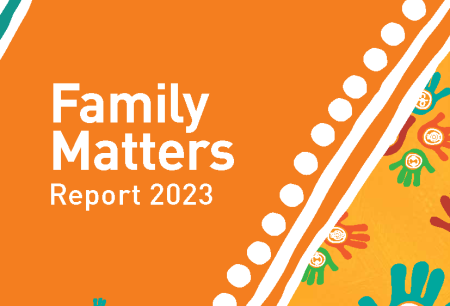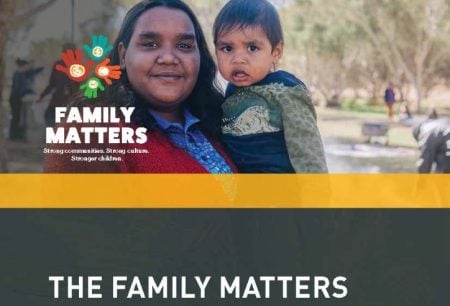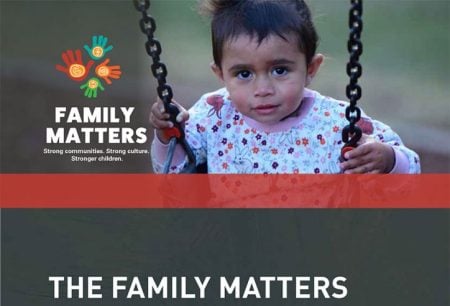What are the solutions?
We need a new approach. An approach that includes genuine collaboration and partnership; one that empowers communities and involves long-term whole-of-government support across the country.
For thousands of years, Aboriginal and Torres Strait Islander children have been raised safely within their family, community and culture. Evidence shows the value of unique child-rearing practices and the importance of cultural identity for Aboriginal and Torres Strait Islander children’s wellbeing.
Without real change, the issues remain. It’s time for a new approach.
It is clear that the business-as-usual approach of government is failing our communities. The Productivity Commission’s review of the National Agreement, released in February 2024, was blunt in its assessment that, without fundamental change, the National Agreement will fail. Governments need to move out of old mindsets and embrace power-sharing arrangements.
Our communities understand what is needed to keep children healthy, safe, and connected to family. To help Aboriginal and Torres Strait Islander children thrive, we need secure access to quality universal and targeted services. Our laws, policies and practices must be culturally safe and responsive to their needs. Governments and services must also be held accountable to Aboriginal and Torres Strait Islander people.
Family Matters
Family Matters is an annual report examining government actions to reduce the over-representation of Aboriginal and Torres Strait Islander children in out-of-home care.
The Family Matters report seeks to ensure children grow up safe in their family, community, and culture and its Roadmap offers an evidence-based vision and clear strategies for policy and practice changes. It calls on governments and non-government organisations to work with Aboriginal and Torres Strait Islander communities to reverse negative trends and eliminate over-representation in out-of-home care within a generation, by 2040.
Family Matters promotes a comprehensive, sustainable and long-term approach to Aboriginal and Torres Strait Islander child safety and wellbeing. This approach is supported by four key Building Blocks crucial to ensuring Aboriginal and Torres Strait Islander children can grow up safe and connected to family, community, and culture.
Family MattersSafe and Supported
Increased and sustained investment in Safe and Supported: the National Framework for Protecting Australia’s Children 2021–2031 is another key pathway for change.
Safe and Supported represents a significant commitment to shared decision-making between our leaders and governments. It has the potential to be transformative if governments enact its action plan. Early signs are promising, with progress on implementing the Aboriginal and Torres Strait Islander First Action Plan 2023–26, but more urgency is needed.
Safe & SupportedThe role of non-Indigenous non-government organisations
Non-Indigenous non-government organisations in the child and family sector must take strong, supportive action.
Non-Indigenous non-government organisations play a significant role in delivering services to Aboriginal and Torres Strait Islander children and families, but evidence shows that services are more effective when delivered by Aboriginal community-controlled organisations. Non-Indigenous organisations should support this transition by directing resources and opportunities to these community-controlled organisations.
The Allies for Children public commitment in September 2024, pledging that all Aboriginal and Torres Strait Islander children in out-of-home care be cared for by the community-controlled sector, is a welcome step forward.
Investing in children’s futures
We know that children will flourish when we invest in families and communities, supporting the safe and enriching environments needed for development and life-long wellbeing.
It is a shared responsibility that we address the disparities inherent within these systems and only if governments have the courage to change course and to redirect investment from government-led business-as-usual initiatives that continues to fail to deliver for our children and families.
Instead, investment needs to be made in our children’s futures through solutions that are led by community and will actually work to keep Aboriginal and Torres Strait Islander children and families, safe and strong in community and culture.
Join Us
Be part of our advocacy efforts and stay informed about our initiatives.
Become a member today and add your voice to the cause.

